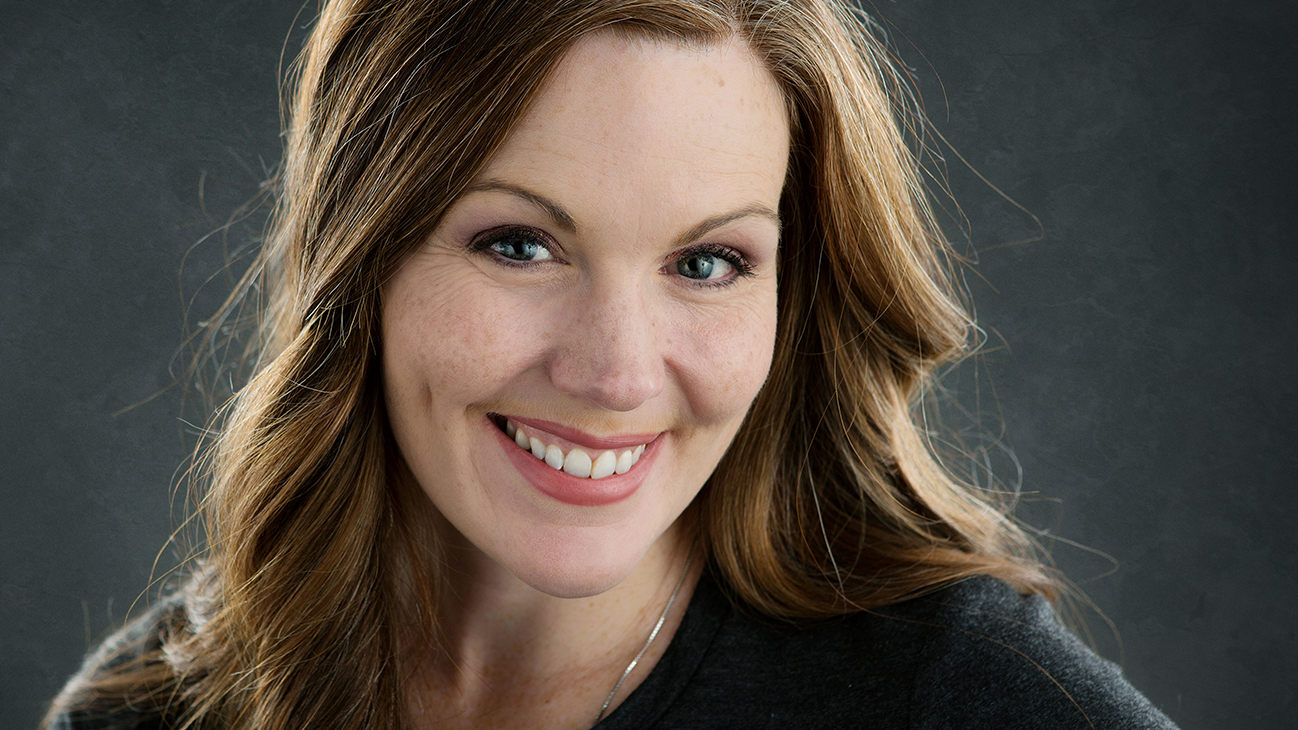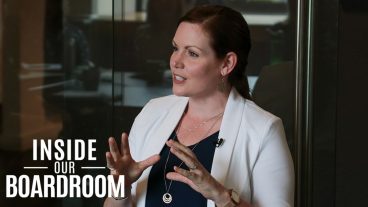At the heart of resiliency sits the ability to navigate change, manage stress, and persist towards our goals despite all the noise, setbacks, and challenges we may face.
Often defined as an ability to bounce back from adversity, resiliency seems to be elusive to some, while others have it in abundance. So, how can we foster it in ourselves and expand our reservoir of resiliency? Let’s look at the research.
1. Sense of Belonging
Our deepest desire is for human connection. We strive for personal relationships and a sense of belonging and purpose. Being able to practice resiliency starts with having a deep sense of security and belonging. Knowing that despite all the chaos, you matter to someone and that person will also be in your corner is vital. We need to ask ourselves:
- How can we foster personal connection without it being attached to achievements or accomplishments?
- What do I need to hear and truly believe from the people around me?
- How do I express to the people in my circle that they are enough?
- Do I believe that I am enough and that I matter?
2. Mindfulness
Resiliency is embedded within the practice of mindfulness. Being aware of our thoughts and how these thoughts impact our emotions and behaviours is critical. Making a point to check-in with ourselves is important. We think of this as a mindset. Ask yourself:
- How am I feeling in this moment?
- Where am I getting my information from?
- Is this helpful thinking?
3. Self-Care
Another notion of resiliency is the connection to self-care. If we are depleted and overwhelmed, we have little cognitive and physical energy to devote to ourselves and others. Research demonstrates that personal care is the first to be taken off our “to-do lists”.
From personal experience, I’ve learned that when I think I don’t have time for a work-out, it’s actually usually the time I need it the most.
Exhaustion, staying up all night, or working overtime is mistakenly rewarded as performance and achievement, despite the research saying that these practices lead to burnout and illness. We often talk about motivation and willpower, but I believe it is more about personal discipline. Choosing to do what is right vs. waiting to be forced to do what’s right. Ask yourself:
- How can I set healthy boundaries?
- What does prioritizing my health look like?
- What are my personal signs that I am slipping away from my optimal self?
- What is one action I can do to work towards my optimal self?
Instead of lofty “to-do-lists”, what about your “to-be-lists”?
Resiliency can be thought of like a muscle. We need to use it, flex it, work it. With motion and consistency, the muscle becomes stronger, more flexible, and nimbler. Like the muscle we need to strengthen our confidence in ourselves so that we can manage challenges and set-backs.
We also want to foster a sense of mental nimbleness. We need to be able to have our thinking shift, change, move, and adapt. Often, we are tempted to alter our behaviour, or that of others, to avoid stressors and challenges.
A trend I see when working with people, is the idea of snow-plowing challenges out of the way. This practice might serve us in the immediate moment, but in the long term, we are missing opportunities to build personal evidence of what we are capable of doing when we persist or tackle challenges authentically.
Next time you are tempted to go around the issue, why not try navigating through the challenge. It’s when we’re outside of our comfort zone that we learn what we’re truly capable of achieving.
Striving for ambitious goals and chasing down our potential can be scary. Some people even abandon their goals because of the risk of failure. True resiliency is being brave and scared at the same time and choosing to persist.
As Theodore Roosevelt said, even if we fail, at least we fail daring greatly!
Dr. Robyne Hanley-Dafoe is a multi-award-winning psychology instructor who specializes in resiliency, navigating stress and change, and personal wellness in the workplace. Described as transformational, engaging, and thought-provoking, Robyne’s keynotes provide practical strategies grounded in global research and case studies that help foster resiliency within ourselves and others.
Interested in learning more about Robyne and what she can bring to your next event? Email us at [email protected].




